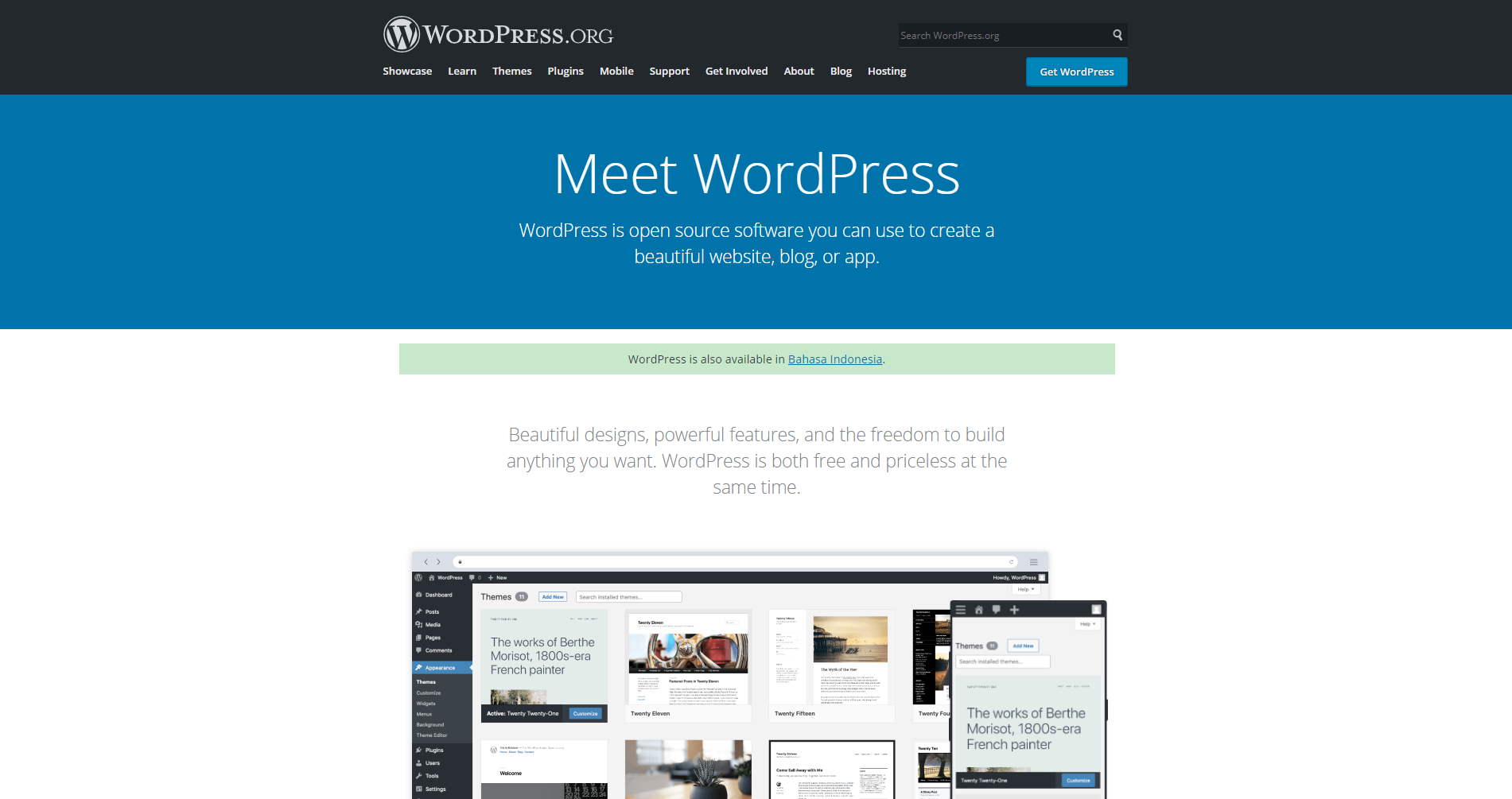Introduction
ERP (enterprise resource planning) solutions have been critical in digital transformation across industries. When it comes to ERP solutions, it’s tough to overlook SAP. Here, SAP stands for Systemanalyse Programmentwicklung. It is the company’s original German name. In English, it stands for System Analysis and Program Development.
This German multinational corporation is a provider of business management systems. SAP is one of the top five ERP software companies, with a global market share of 3.57%. Thus, to know more about SAP and its related concepts, we suggest you enroll in the SAP Training in Noida. Such training will also make you aware of the different SAP modules.
SAP: Meaning
SAP is an ERP software ecosystem composed of multiple functional modules. It links various operations and divisions inside an organization. However, each module promotes productivity and scalability by using appropriate resources.
However, SAP’s initial SAP R/2 and SAP R/3 software set a global benchmark for ERP systems. But, now SAP S/4 HANA is the successor to SAP R/2 and SAP R/3. It helps top organizations to develop an intelligent business management environment powered by artificial intelligence (AI) and machine learning.
Furthermore, SAP provides a diverse set of service modules. You can select any module that best meets your requirements. It can help your firm, whether small or large, customize ERP solutions as per your requirements.
Working of SAP Program
SAP ERP software is one of the most complex ERP systems available. It’s a three-tiered system and comprises the presentation, application, and database tiers. Because of this architecture, SAP ERP systems are user-friendly, scalable, and highly adaptable.
● Presentation Tier
It is the SAP graphical user interface or SAP GUI. This is where people may send input and view the results. However, it is compatible with both Mac and Windows computers.
● The Application Tier
It is the connection that joins the user interface to the database. This layer performs business logic, conducts processes, and manages database access.
● Database Tier
It stores both business user and application data. It functions as a memory bank for your complete SAP ERP system.
Even though the system is complex and needs step-by-step installation, it has various advantages. One of SAP’s most recognized features is its ability to interface with different third-party systems.
Use Cases of SAP Program
SAP simplifies information flow and data processing throughout your organization. SAP modules are available for several company functions, from finance to supply chain management. In other words, SAP clients range from small businesses to multinational giants. As a result, the following are the five most usual applications of SAP in the workplace.
● In Accounting & Finance
SAP Financial Accounting (FI) module assists you in managing financial transactions inside your organization. So, whether your company is small or huge, you may use this module when required. It also helps you in defining your organization’s current financial situation. Moreover, it integrates with other SAP modules like sales and distribution, payroll, and human resources to improve your complete financial management.
● SAP in Supply Chain Management
The SAP Supply Chain Management (SCM) module enables you to create, manage, and design a robust and sustainable supply chain. It also allows you to communicate with your suppliers, consumers, manufacturers, business partners, and retailers in real-time. It is easy to plan your production, analyze demand fluctuations, and produce market projections owning to this integrative business intelligence system.
● In HR Management
Your human resource department will run smoothly using the SAP Human Capital Management (HCM) module. This module streamlines and simplifies several HR-related activities such as payroll, promotion management, employee performance monitoring, and compensation administration. Because this module communicates with other SAP modules, you may increase office productivity.
● SAP in Materials Management
You can handle critical aspects of material management and manufacturing inside your organization using the SAP Materials Management (MM) module. This module enables an individual to manage several types of procurement procedures. However, you may use this SAP module for consumption-based planning, purchasing, inventory management, and invoice verification.
● SAP in Sales & Distribution
As the name implies, the SAP Sales and Distribution (SD) module helps to manage all sales and distribution activities and operations. This module allows you to manage inquiries, proposals, quotations, transportation, billing, credit management, and pricing, among other things.
Conclusion
Hopefully, you may find this article informative. We have compiled the working and use cases of the SAP domain. This overview specifies that SAP is one of the prominent companies in the ERP industry. It also provides multiple growth opportunities to candidates looking for a career in this domain. So, if you want to make a career as a specialist in the SAP industry, we suggest you enroll in the SAP Training in Gurgaon.

















